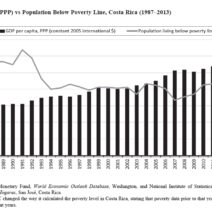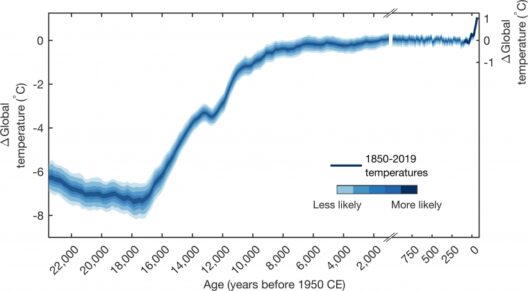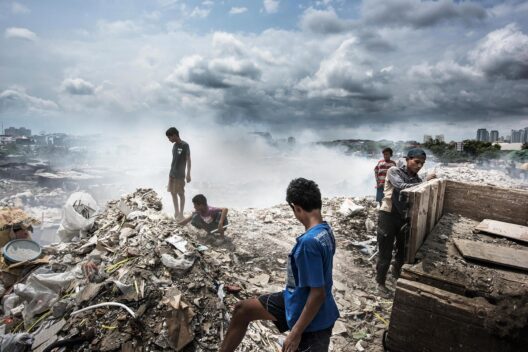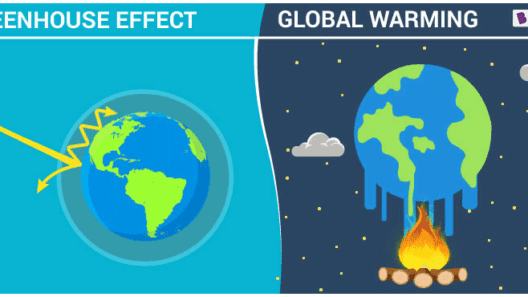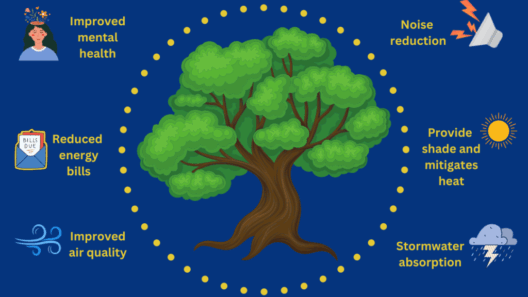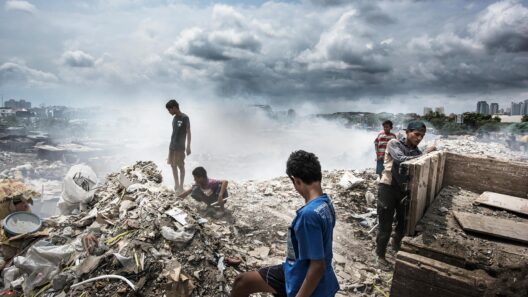Global warming has emerged as one of the most pressing issues of our time, prompting a discourse that often revolves around an existential question: are we, as inhabitants of this planet, culpable for the escalating dilemma? This inquiry requires a nuanced examination, integrating scientific evidence, sociopolitical dynamics, and ethical considerations.
To understand the attribution of blame, it is essential to delve into the scientific underpinnings of climate change. The Earth’s climate system is inherently complex. It encompasses numerous interactions among the atmosphere, oceans, land surface, and biosphere. These interactions are influenced by both natural events and anthropogenic (human-induced) factors. Historical geological data indicates that Earth has undergone significant climatic shifts over millennia, often due to natural phenomena such as volcanic eruptions and solar variability. However, the current pace and magnitude of climate change starkly contrast with natural variations observed in Earth’s history, primarily due to industrialization.
The burning of fossil fuels such as coal, oil, and natural gas has been a primary driver of increased concentrations of greenhouse gases (GHGs) in the atmosphere, namely carbon dioxide (CO2) and methane (CH4). These gases trap heat, leading to the greenhouse effect, which subsequently results in global warming. According to scientific consensus, the Intergovernmental Panel on Climate Change (IPCC) attributes approximately 95% of the increase in global temperatures since the mid-20th century to human activities.
During the Industrial Revolution, our reliance on carbon-intensive energy sources initiated an inexorable rise in GHG emissions. The rapid population growth and urbanization that ensued contributed considerably to this phenomenon. Deforestation, agriculture, and waste management practices further exacerbate the situation. As forests are cleared and peatlands drained, not only is carbon stored in these ecosystems released into the atmosphere, but their capacity to sequester carbon is diminished. In this regard, human activities have significantly altered the carbon cycle, leading to unprecedented atmospheric CO2 levels.
Nonetheless, attributing blame is a multifaceted endeavor. While it is evident that human activities play a crucial role in climate change, the context of our actions must be scrutinized. Economic imperatives, energy security, and social infrastructures have historically dictated fossil fuel dependency. Developing nations often find themselves in a paradox; seeking economic prosperity while grappling with the ramifications of a carbon-centric economy. Industrialized countries, having already benefitted from fossil fuel exploitation, possess a moral obligation to support these nations in their transition to sustainable energy practices.
Moreover, the culpability is diffused across various sectors. The influence of corporations, particularly in the fossil fuel industry, cannot be understated. Over the last century, a small cadre of companies has been responsible for a substantial proportion of greenhouse gas emissions. Their lobbying efforts often hinder legislative action on climate change, stymieing progress toward comprehensive climate policy reform. The pervasive culture of consumerism also plays a role; the demand for goods and services often prioritizes convenience and cost over sustainability. As individuals, our consumption patterns contribute to GHG emissions, engendering a collective guilt associated with our lifestyles.
However, understanding this multifarious blame should spur motivation rather than despair. Awareness and education are powerful tools in catalyzing change. Climate change is not an insurmountable challenge; through collective action, we can mitigate its impacts. Solutions abound, ranging from renewable energy to changes in land use, energy efficiency initiatives, and sustainable agricultural practices. Transitioning towards a circular economy—where waste is minimized, and resources are continually reused—can significantly alleviate environmental strain.
Furthermore, individual and community-level changes can elicit profound effects. Embracing sustainable practices in daily life enhances both collective awareness and action. Awareness campaigns can promote energy conservation, reduction of carbon footprints, and the adoption of sustainable transportation. Elected officials and policymakers should prioritize legislation that reflects the urgency of climate action and addresses the inequities present in climate impacts.
Importantly, the climate justice movement emphasizes the disproportionate burden borne by marginalized communities. Often, those least responsible for emissions—low-income individuals, indigenous populations, and developing nations—experience the brunt of climate-related impacts such as extreme weather events, poor air quality, and sea-level rise. This injustice amplifies the ethical dimensions surrounding blame, underscoring the need for a holistic approach to climate mitigation that encompasses equity and justice.
Ultimately, while we cannot absolve humanity from the blame attributed to climate change, it is imperative to insist on the power of human agency in addressing it. Blame should morph into a call to action, fostering an environment where sustainable practices are embraced collectively. As we navigate the intricate interplay between science and ethics, recognizing our role in both causing and mitigating global warming helps forge a path towards a more sustainable future for all inhabitants of this planet.
In conclusion, the discourse surrounding global warming extends beyond mere culpability. It encompasses the intricate tapestry of our societal norms, economic structures, and environmental responsibilities. By understanding our contributions to climate change and committing to transformative actions, we can endeavor to chart a course that acknowledges our past while paving the way for a resilient and equitable future.
